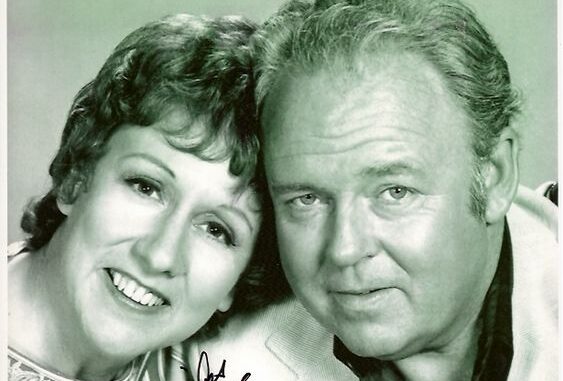
The death of Jean Stapleton’s beloved character, Edith Bunker, on All in the Family—and its spin-off, Archie Bunker’s Place—stands as one of the most poignant moments in television history. This significant narrative turn not only marked a major shake-up for the series but also showcased the emotional depth that could be achieved in a sitcom.
During its original run from 1971 to 1979, All in the Family tackled a myriad of taboo subjects, from race and gender issues to the complexities of family life. The dynamic between the conservative Archie Bunker, played by Carroll O’Connor, and his liberal son-in-law, Mike Stivic, set the stage for rich discussions around these topics. Edith, often portrayed as the loving yet somewhat naive wife, balanced the tensions in the household.
As Stapleton prepared to exit the show after the ninth season, CBS pushed for the continuation of All in the Family. The creative team, led by series creator Norman Lear, initially resisted the idea of killing off Edith. However, O’Connor ultimately argued that her absence was crippling the show, leading to the decision to write her character’s death into the plot.
In the second season of Archie Bunker’s Place, viewers learned that Edith had passed away from a stroke. This event was initially jarring for the audience, but it was the portrayal of Archie’s grief that truly resonated. The culmination of this emotional arc came in a heart-wrenching scene where Archie, alone in their bedroom, confronts the reality of her absence. In a powerful moment of vulnerability, he expresses regret and longing, delivering a heartfelt monologue that captures the essence of their relationship.
The poignant writing and O’Connor’s performance turned what could have been a mere plot device into a deeply moving farewell. As Archie holds one of Edith’s slippers and speaks to her memory, the scene serves as a testament to love, loss, and the complexities of human relationships—an example of how television can evoke profound emotional responses.
Edith Bunker’s death remains a landmark moment in television, illustrating not just the potential for character development and storytelling but also the ability of a sitcom to address significant emotional themes. This legacy continues to resonate with audiences today, reflecting the show’s groundbreaking nature and its impact on the television landscape
